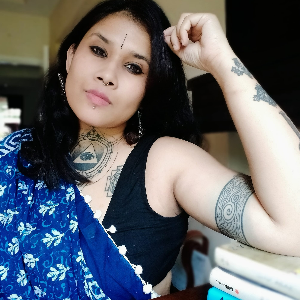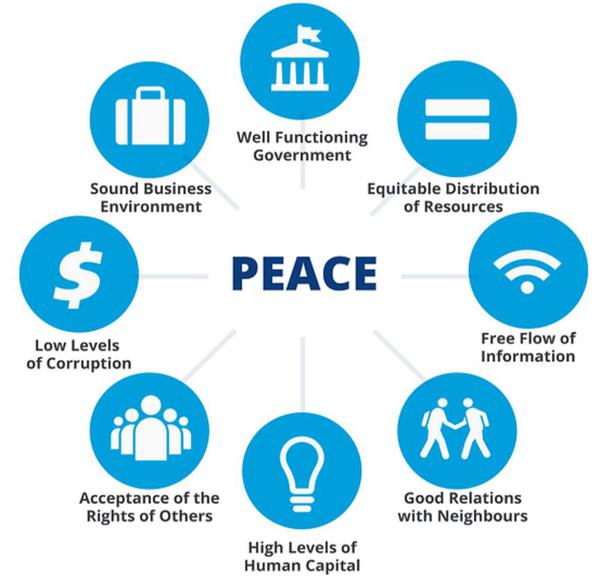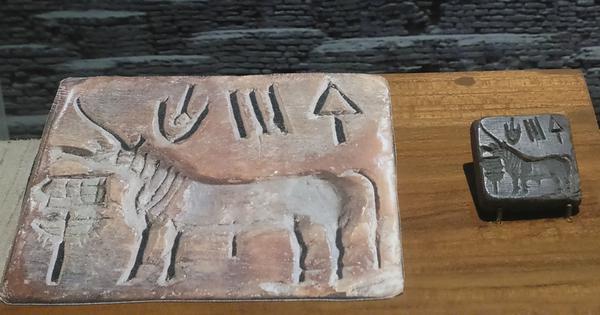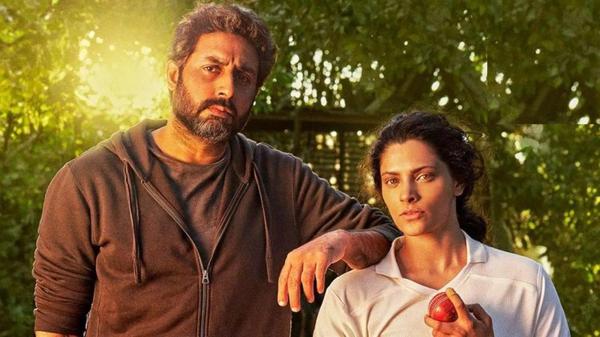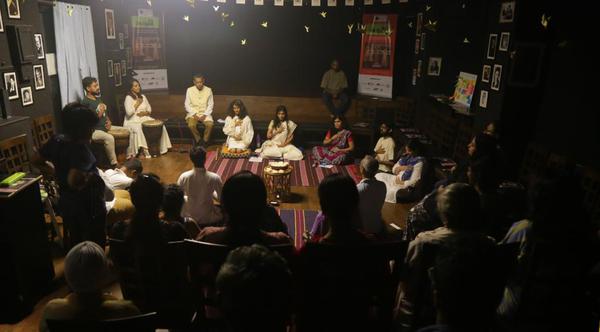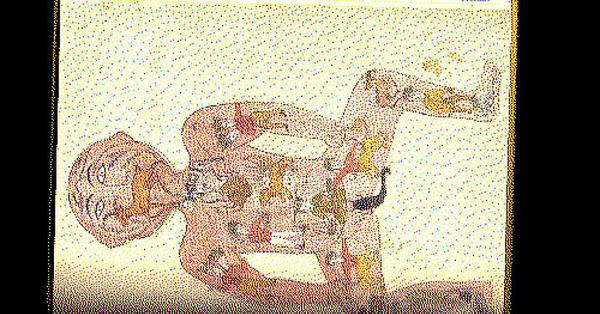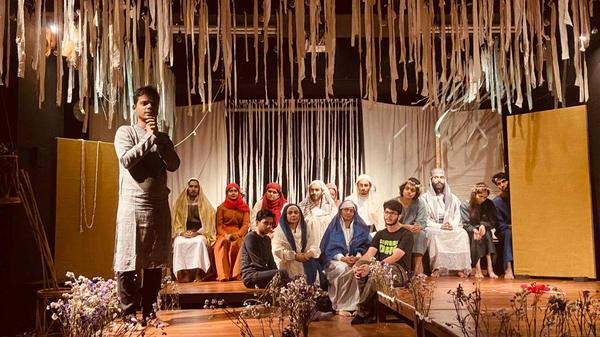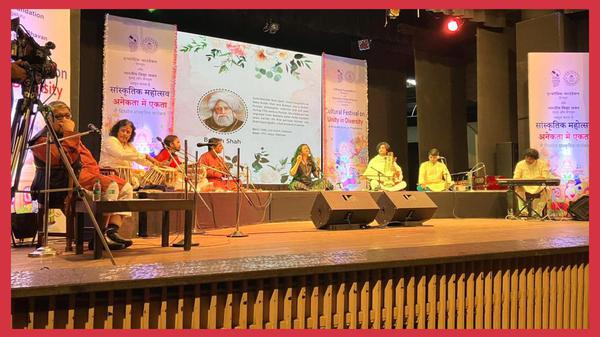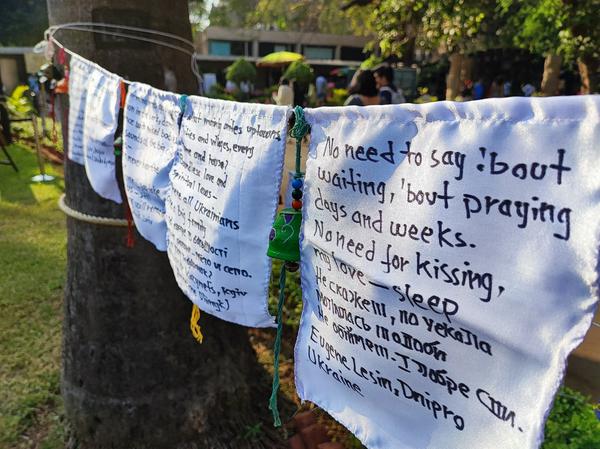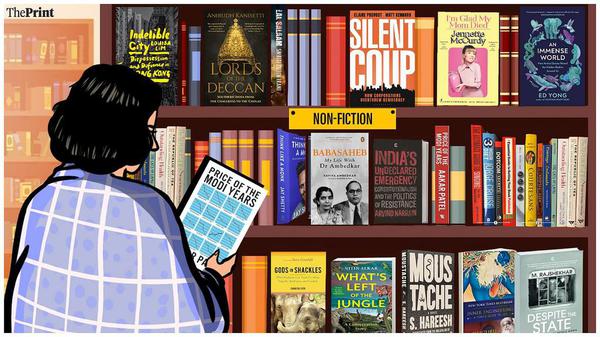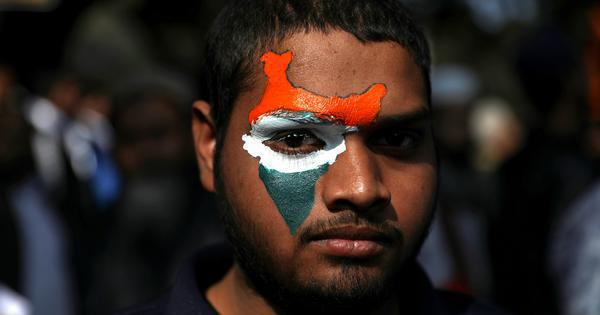
‘History for Peace Tracts’: Truths, histories may be multifaceted but peaceful existence is the goal
Blurring the lines between myth and history and reconstructing it according to a tinted worldview is how the past is often distorted, and the present, polarised, in India today. This is the way stories are now worryingly told and heard in countless drawing rooms, as they are on social media and messaging platforms. This is why book series like The History for Peace Tracts by Seagull Books, which offers clear-eyed views on the subject, are more important than ever.
